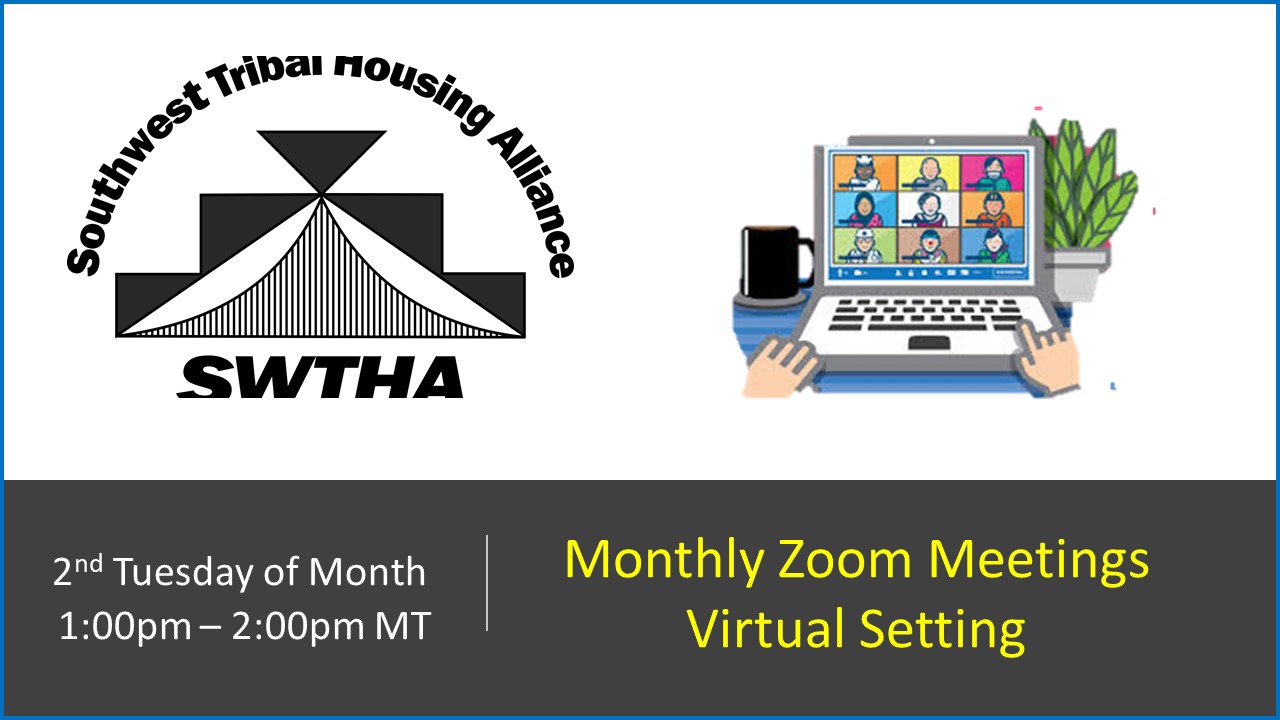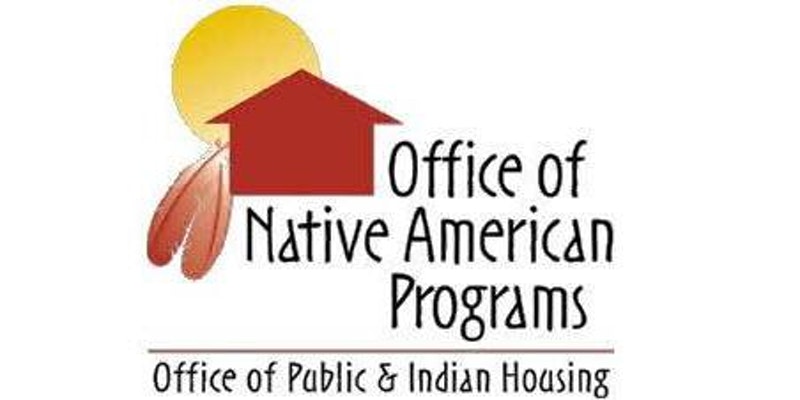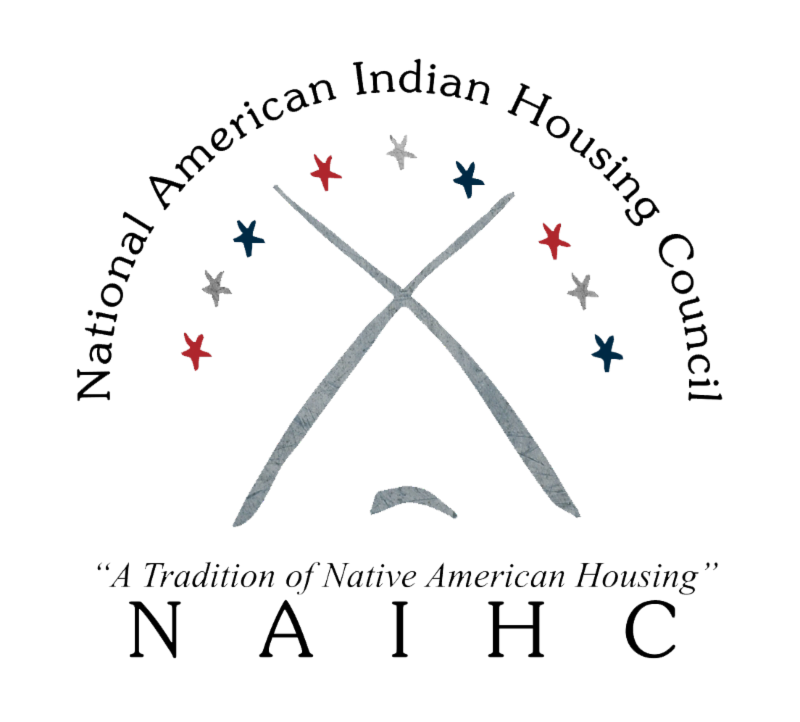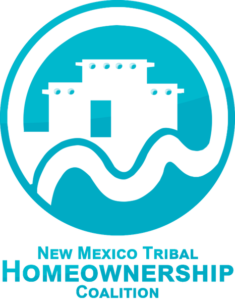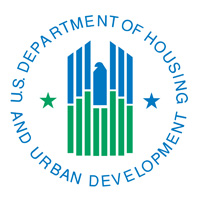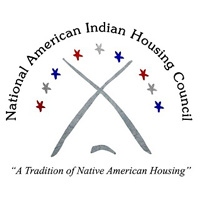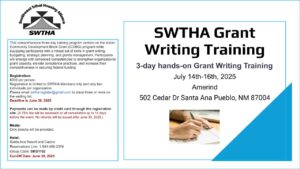
 SWTHA
SWTHA
Grant Writing Training
July 14-16, 2025
Grant Writing Training
July 14 – 16, 2025
Amerind
502 Cedar Dr, Santa Ana Pueblo, NM, 87004
Description:
This three-day Grant Writing Training, led by The Luak Group, focuses on drafting an Indian Community Development Block Grant (ICDBG) application through a hands-on, interactive workshop. Designed for tribal housing professionals, the training builds capacity in grant writing, strategic planning, budgeting, and grants management, with guidance aligned to the latest OMB 2 CFR Part 200 Uniform Guidance. While centered on the ICDBG program, the skills and strategies taught are broadly applicable across various federal funding programs—such as IHBG Competitive, HUD, DOJ, SAMHSA, BIA, and USDA—helping participants strengthen grant readiness, improve compliance, and enhance overall competitiveness.
$600 per person.
Registration is limited to SWTHA Members only and only two individuals per organization.
Please email swtha.register@
A 75% fee will be assessed on all cancellation up to 14 days before the event. No refunds will be issued after June 30, 2025. Registrations cancelled 14 calendar days or less, before the training begins ARE NOT ELIGIBLE FOR A REFUND. This includes no-shows.
Meals:
Only snacks will be provided, no lunches (update).
Santa Ana Star Casino and Hotel
54 Jemez Canyon Dam Rd, Bernalillo, NM 87004
 AMERIND Safety Poster Contest
AMERIND Safety Poster Contest
Vote Now for Region VIII!
2025 AMERIND Safety Poster Contest Dates
June 1st-27th, 2025 (Regional Voting)
Region VIII Voting at swtha.org to select one winner from the local entries in each category (K-3, 4-6, 7-8). Winners from each category are submitted to AMERIND for national voting. SWTHA Region VIII winners must be submitted to AMERIND Safety Service Team no later than June 30, 2025.
July 2025 (National Voting)
National online voting. One winner from each category is selected.
August 2025 (Announcement)
Winners announced at AMERIND Member Business Meeting.
Click here to vote now!
SWTHA Scholarship 2025
Region VIII – Is Closed
The Southwest Tribal Housing Alliance (SWTHA) provides educational scholarship grants for Region VIII (Arizona, New Mexico, and West Texas) funded under the AMERIND Annual Scholarship Program. The goal of the scholarship grant is to assist in the education of American Indians and Alaskan Natives. The grant may be used for post-secondary or graduate level courses at an accredited educational institution for a course of study that will result in an accredited vocational certification or degree.
Please check back later to view the scholarship winners for 2025!
If you have any questions, please contact swtha.region8@gmail.com.
Other Native American Scholarship Opportunities
- Native Forward Scholars Fund
- Cobell Scholarship
- Aaron Robert Dailey Scholarship
- American Indian College Fund
- American Indian Services
- Catching The Dream
Thank you to AMERIND for providing the Region VIII Scholarship Funds!
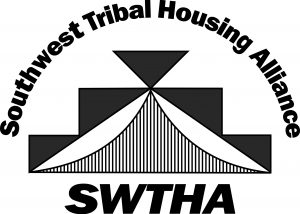 SWTHA Membership for Tribal Housing Departments and Associate Members
SWTHA Membership for Tribal Housing Departments and Associate Members
All Region VIII Tribal Housing Departments, (AZ, NM, and West Texas) are invited to join or continue to support SWTHA through a membership as we work to strengthen our voice for Native families. Visit swtha.org for more information.
SWTHA also offers Associate Membership, which consists of organizations seeking to support tribal housing, and/or provide products or services to the member tribal housing programs. Associate Members consist of public interest groups, businesses, suppliers, commercial vendors, service providers, and Federal and state recognized tribes and government housing agencies, not eligible for voting membership. For more information, check out the Associate Member Page.
SWTHA’s mission is “To be the voice for Tribal housing by providing relevant, timely information, resources, and a valuable network for the SWTHA membership”.
Thank you for your continued support and participation! If you have any questions, or are interested in becoming a member, please email swtha.region8@gmail.com.
SWTHA Monthly Zoom Meetings
2nd Tuesday of Each Month
1:00pm – 2:00pm MT
~~~~~~~~~~~~~~~~~~~~~~~~~~~~~~~~~~~
Next meeting is June 10, 2025.
Aprils guest speakers was Tim Martinez, Assistance Director of Housing and Joshua Howe, Development Loan Manager II from Housing New Mexico. They will be discussing the Single-Family Construction Program. Powerpoint Presentation
SWTHA will continue to provide the most current information through guest speakers at the monthly meetings, all members are welcome to join. If you would like to speak at one of the monthly meetings, or you have any questions, please email swtha.region8@gmail.com.
Previous guest speaker information and hand outs can be viewed here.
Join Zoom Meeting: https://us06web.zoom.us/j/82326477587?pwd=MVU2SUxsUThSUUpBeVZjMGVtdzNIZz09
- Meeting ID: 823 2647 7587
- Passcode: 104486
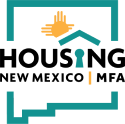 Housing New Mexico launches Rehab-2-Rental landlord program to increase affordable housing in the state
Housing New Mexico launches Rehab-2-Rental landlord program to increase affordable housing in the state
Rehab-2-Rental Program: Expanding Affordable Housing in New Mexico
Housing New Mexico, in partnership with the New Mexico Department of Finance and Administration, has launched the Rehab-2-Rental program to increase affordable rental housing by providing forgivable loans of up to $25,000 per unit for landlords who lease to tenant-based housing voucher holders. The program funds necessary property improvements, ensuring more quality rental options for residents.
Applications are accepted on a rolling basis open through June 2026 or until funding lasts.
Learn more and apply at housingnm.org.
Find us at:
Facebook, Instagram, YouTube: @HousingNewMexico
LinkedIn: Housing New Mexico
Twitter/X: @HousingNM
 Hands off HUD! Calls to Action on HUD Threats
Hands off HUD! Calls to Action on HUD Threats
National Low Income Housing Coalition (NLIHC) has compiled to advocate for HUD’s vital programs and staffing. Housing in Tribal areas would be impacted by these cuts, and we wanted to make sure you’ve got tools to defend against cuts to already scarce Native housing funds.
On February 14th, Elon Musk and his Department of Government Efficiency (DOGE) announced plans to cut HUD staff in half. Overall, HUD staffing across the country would be cut in half, but some offices, like Fair Housing and Community Planning and Development, face cuts up to 75% and 85%, respectively. We had a call to action for individuals to call or email their members of Congress to urge against HUD cuts, which now has over 15,000 actions taken!
NLIHC is sharing two new resources:
- An organizational sign-on letter, open to local, state, national and Tribal orgs opposing the proposed staffing cuts to HUD. We’re calling for as many organizational supporters as possible to defend against these incredibly harmful HUD cuts. Read the letter here and sign on here.
- A new Google Drive folder with information to back up your advocacy, including:
- a list of congressional targets
- a list of housing and community development earmarks requested in FY24 and FY25
- talking points/framing advice
- information on the harmful impacts of HUD staff cuts on people and communities
- information on success stories of HUD programs in target states and districts
- responses from congressional leaders
- statements from national organizations
Advocates can also send letters on behalf of their organization to their congressional delegations regarding these cuts to HUD – a sample letter is available here.
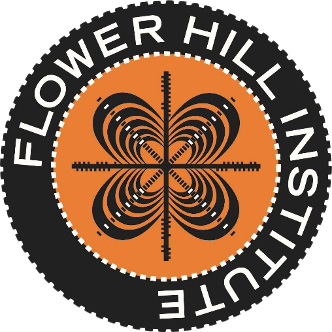 Survey on Ag Workforce Housing
Survey on Ag Workforce Housing
Are you interested in learning more about developing Tribal Agricultural Workforce Housing?
The Native American Agriculture Fund (NAAF), Flower Hill Institute, and Native Agricultural Financial Services are hosting a series of in-depth interviews with experts at the forefront of agricultural workforce housing. These conversations will feature real-world case studies and practical guidance on developing both seasonal and permanent farmworker housing—on and off the reservation.
To make these resources as relevant and impactful as possible, we want to hear from you! Please use the link to the survey below to provide input on what you’d like to know about Agricultural workforce housing.
Click here for the link.
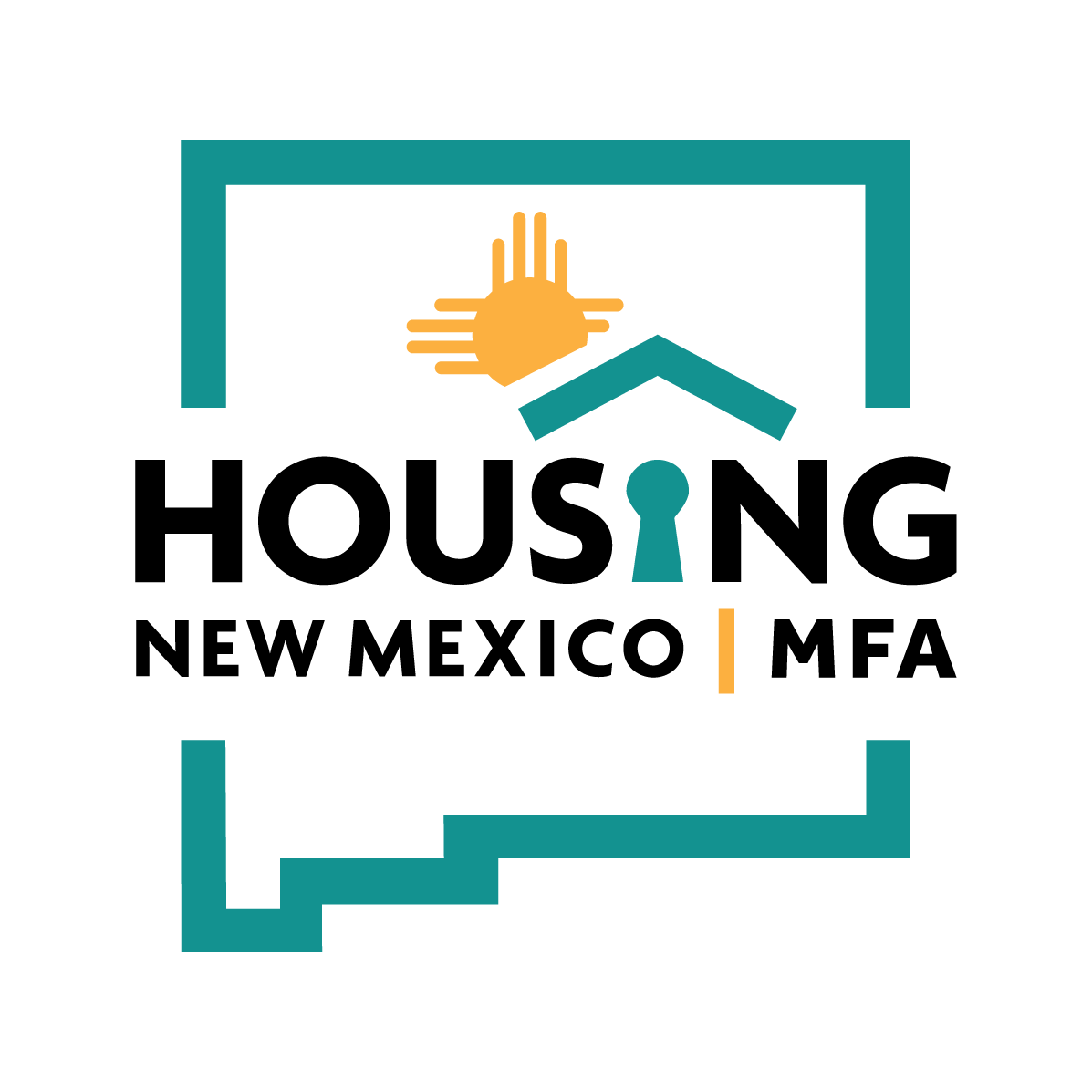 Housing New Mexico launches Zero Interest Homebuilder Program
Housing New Mexico launches Zero Interest Homebuilder Program
Housing New Mexico has launched a new program to address the shortage of affordable entry-level housing available to low- and moderate-income homebuyers in the state. The Zero Interest Homebuilder Program (ZIHP) is a loan product that offers interest-free construction financing through the New Mexico Housing Trust Fund.
These loans are available to nonprofit organizations, for-profit organizations, governmental housing agencies, regional housing authorities, governmental entities, governmental instrumentalities, tribal governments, tribal housing agencies, builders, single-family developers, corporations, limited liability companies, partnerships, joint ventures, syndicates and other eligible associations or entities.
As home price increases outpace wage growth, the ability to achieve homeownership becomes more difficult, resulting in a huge need for affordable housing.
ZIHP development and construction loans may be used to assist in financing a wide range of activities to increase affordable homeownership opportunities, including costs of on-site infrastructure necessary to support the development of affordable single-family lots and/or the construction of affordable homes.
To learn more about eligible loan applicants, loan terms, application procedures, eligible home types, eligible homebuyers, sales price limitations and other details, visit the Housing New Mexico website.
For further questions about ZIHP, email Housing New Mexico Program Manager Joshua Howe at jhowe@housingnm.org. To learn about all of Housing New Mexico’s funding opportunities for developers, visit housingnm.org/developers.
 DOE Offers Tribes $225 Million in Rebates for
DOE Offers Tribes $225 Million in Rebates for
Home Electrification and Appliances
The U.S. Department of Energy has released application guidelines for tribal governments to apply for $225 million in funding under the Inflation Reduction Act’s Home Electrification and Appliance Rebate (HEAR) program. HEAR funds will provide rebates to low- and moderate-income households installing efficient electric technologies. Rebates for home electrification upgrades range from $840 to $14,000 per household. Rebate amounts vary depending on a household’s income, the total project cost, and the technologies installed. Multifamily and single-family buildings, including manufactured housing, may be eligible for rebates. Eligible households may be owner-occupied or rented. Once DOE has approved a tribe’s HEAR application, the tribe may launch its program and begin issuing rebates. Tribal officials can review the published guidance in DOE’s new Administrative and Legal Requirements Document.
DOE has also released the final funding amounts individual tribes will receive after DOE approves their applications, as well as an explanation of how it allocated the funds.
Tribal government stakeholders with questions about the requirements and related documentation should contact DOE at irahomerebates@hq.doe.gov.
Laguna Homeowner’s Assistance Fund Program
Open to All Tribes of New Mexico
Laguna Homeowner Assistance Fund (HAF) program provides financial assistance to income-eligible households experiencing financial hardship associated with the COVID-19 health crisis. If your income was impacted by the COVID-19 pandemic and you are having difficulties paying on or behind on your mortgage or home loan, or in forbearance, you may qualify for assistance. Any enrolled member of a Tribe in the state of New Mexico who is paying a mortgage, a home loan, or taxes on your primary residence and meets US Department of Treasury qualifications may apply. Not only does his funding help with mortgages or home loans, but it can also help with home costs that were impacted during the COVID-19 pandemic.
What can it help pay for?
- Past due payments, including payments in forbearance.
- Property taxes
- Homeowner fees and dues
- Mortgage Reinstatement
- Utility costs
- Approved minor home repairs
Contact Lisa Bautista, HAF Specialist, with questions: (505) 552-6430 EXT. 7010, lisab@lagunahousing.org. Click here for the announcement.
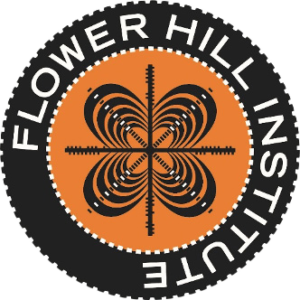 Farmworker Housing: Webinar Series
Farmworker Housing: Webinar Series
The Flower Hill Institute and NAAF proudly present Farmworker Housing: Webinar Series, a collection of in-depth conversations with leaders in farm labor housing development, featuring success stories and proven strategies from both within and beyond Indian Country.
Hosted by Roger Fragua, Executive Director of the Flower Hill Institute, this series highlights innovative approaches, practical lessons, and community-driven models for building farmworker housing that supports the people and food systems of tribally governed territories and surrounding regions.
Beginning Tuesday, June 17 at 12:00pm MDT and continuing each week through July 8, Flower Hill will premiere a podcast-style interview with a featured housing expert, followed by a live Q&A session.
Register at the links below:
- Episode 1: Marty Miller – Office of Rural and Farmworker Housing
June 17, 12pm MDT: https://bit.ly/4kY4eFt
- Episode 2: Melissa Henscheid, Tom Rice, Kenny Appleton – Big Elk Development, Inc.
- Episode 3: Lon Inaba – Inaba Produce Farms
- Episode 4: Tom Collishaw – Self-Help Enterprises
 Upcoming RCAC Trainings
Upcoming RCAC Trainings
Ethics in Housing Counseling
June 4, 2025
This interactive course provides HUD-certified housing counselors with the
essential knowledge and tools to uphold the highest standards of ethical conduct and professional integrity. Participants will explore real-world scenarios, regulatory expectations, and best practices related to confidentiality, neutrality, conflicts of interest, and public behavior—especially in the age of social media and digital communication. More information coming soon.
Housing Counseling Summit (In-Person)
August 12th-14th, 2025
Anaheim, CA
This conference will provide networking opportunities with housing counselors nationwide. There will be three days of classes offered. Each class session is four hours. Participants will be able to attend more than one of the 10 classes being offered. More information coming soon. Registration tentatively opens May 12, 2025.
Self-paced Trainings
Mastering HECM Counseling: Comprehensive Training
This self-paced course provides a robust foundation in HECM terms, compliance protocols, client counseling techniques and financial projections, equipping participants with the knowledge and skills necessary to excel in the HECM Counseling Certification Exam and provide exemplary counseling services. Click here for more information.
For questions about Housing Counseling trainings and opportunities, please contact: RCAC Housing Counseling | hctrainings@rcac.org.
 RCAC Housing Counseling Summit
RCAC Housing Counseling Summit
August 12-14, 2025
Anaheim, CA
This Rural Community Assistance Corporation (RCAC) conference will provide networking opportunities with housing counselors nationwide. There will be three days of classes offered. Each class session is four hours. Participants will be able to attend more than one of the 10 classes being offered.
More information coming soon. Registration tentatively opens May 12, 2025.
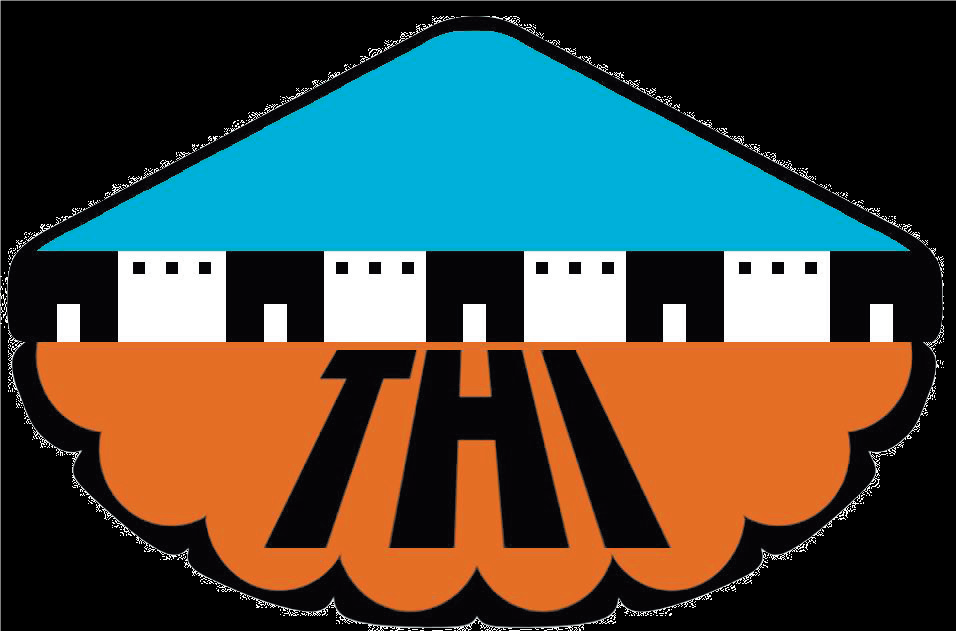 Tamaya Career Opportunities
Tamaya Career Opportunities
Program Manager- Open until Filled
Tamaya Housing Incorporated (THI) is seeking a Program Manager who has experience in Indian Housing Management, federal and tribal housing programs, financial literacy, homebuyer counseling, housing maintenance inspection, and related experience in housing management for a Tribally Designated Housing Entity. Training and certification in counseling services is preferred. Understanding of the Native American Housing Assistance and Self Determination Act and pertinent regulations regarding housing management is desired. This position is open until filled.
Read more, click here.
Executive Director- Open until Filled
Tamaya Housing Incorporated (THI) is seeking an Executive Director. The THI Executive Director is the Chief Administrator of the THI. The Executive Director, together with other personnel employed by THI, is responsible for carrying out THI housing programs. The Executive Director will have the authority to hire personnel, plan and manage THI operations, implement THI program policies, and promote and provide quality and affordable housing for the betterment of the community of the Pueblo of Santa Ana. The Executive Director will be responsible for drafting and revising, when necessary, policies and procedures as required by the Native American Housing Assistance and Self-Determination Act of 1996 (NAHASDA) and tribal laws, for adoption by the THI Board of Directors. The Executive Director must conduct himself/herself in an ethical and professional manner at all times.
Read more, click here.
 Ohkay Owingeh
Ohkay Owingeh
Is Seeking Housing Manager
Under general direction of the Director of Natural Resources, accomplishes Ohkay Owingeh’s Housing department strategic objectives by planning, organizing, and directing all functions required operating and maintaining its activities. Oversees and manages the Housing Authority and creates a work environment that encourages ethical conduct, respectful interpersonal relations, open communication, innovative thinking, and creative problem solving with respect and sensitivity to the Pueblo’s culture. Ensures compliance with all regulatory agencies. Maintains confidentiality of all privileged information. This list of duties and responsibilities is illustrative only of the tasks performed by this position and is not all-inclusive.
Read more, click here.
 San Carlos Housing Authority
San Carlos Housing Authority
Career Opportunities
General Ledger Accountant
August 23, 2024 – Open Until Filled
GL Accountant PDF
Maintenance Tech I
November 6, 2024 – Open Until Filled
Maintenance Tech PDF
Occupancy Specialist I
November 19, 2024 – Open Until Filled
OCC Specialist I PDF
 Red Feather Hiring 4 Corners Region Program Coordinator
Red Feather Hiring 4 Corners Region Program Coordinator
Job Opportunity: 4-Corners Program Coordinator
Are you passionate about sustainable housing and community development? Join Red Feather Development Group in empowering Navajo and Hopi communities through the New Mexico Energy$mart Program.
What You’ll Do:
- Coordinate weatherization and energy efficiency projects.
- Provide case management and in-home education.
- Engage with communities and stakeholders to make a lasting impact.
Location: 4-Corners Region (AZ, NM)
Salary: $42,000 – $52,000 (plus benefits like health stipend, 401K, PTO, and more!)
Growth Opportunity: Tuition-covered Energy Auditor certification included.
If you’re organized, detail-oriented, and driven to make a difference, we’d love to hear from you!
Apply now: Send your resume and cover letter to natasha@redfeather.org.
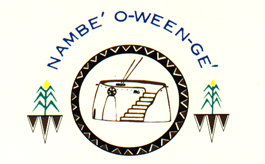 Nambe Pueblo Housing Entity (NPHE)
Nambe Pueblo Housing Entity (NPHE)
Seeking Executive Director
The position administers federal funding sources to carry out affordable housing activities and manages various housing initiatives for the Nambe Pueblo community. The position reports to the Board of Directors of the NPHE. The NPHE is located on the Pueblo of Nambe between Santa Fe and Espanola, New Mexico. Interested candidates must turn in an application with a cover letter, resume, and submit to a background check and a drug test. For a copy of the Job Position and application, contact NPHE at executivedirector@nphe.net.
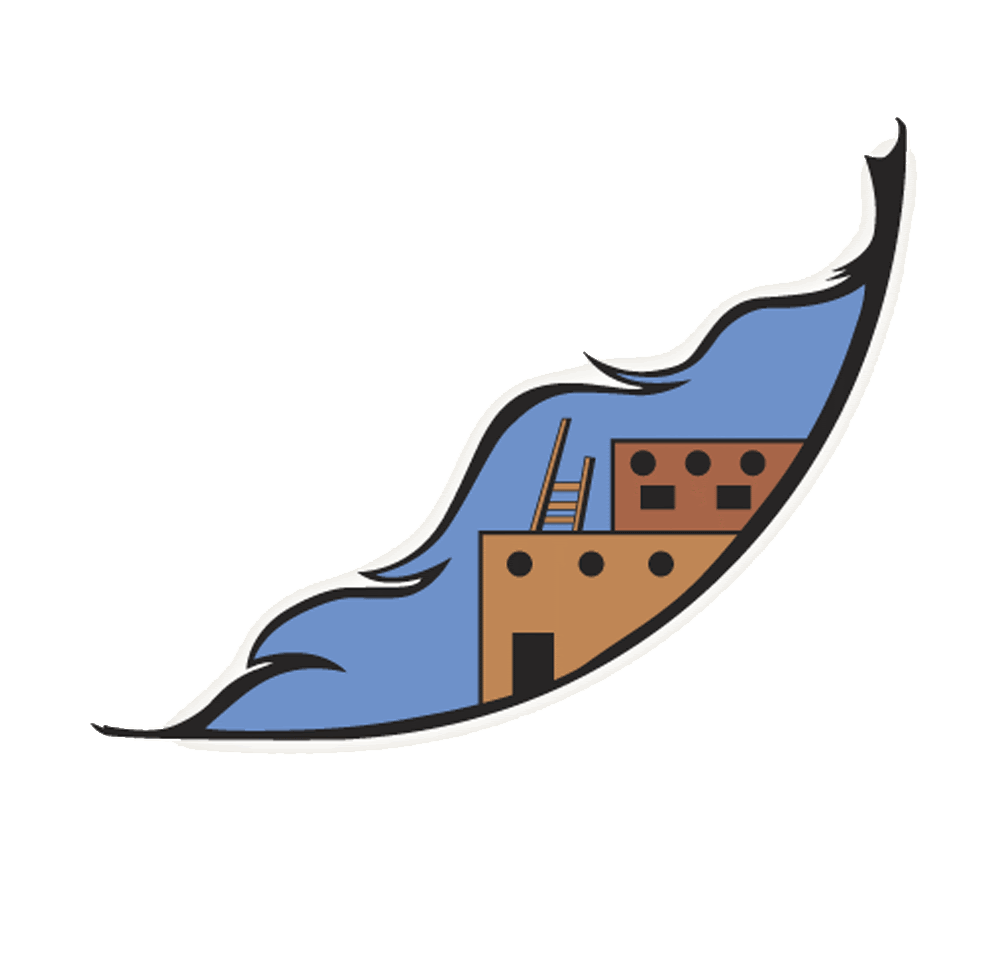 Laguna Housing Development & Management Enterprise
Laguna Housing Development & Management Enterprise
Resident Services Specialist Job
Under the supervision of the Resident Services Director, this position provides guidance and instruction regarding home rental, home ownership and home renovation services. They will directly work with perspective and current tenants. Also conduct and coordinate tasks including public awareness, training sessions regarding financial budgeting and constant counseling. They will also perform monthly collections, track payments, recertifications of income, family composition, annual home inspections and other tasks to assist homebuyers and tenants who are under housing program agreements. Will make consistent visits to homebuyers homes and tenants rental units.
Read the full announcement here.
Navajo 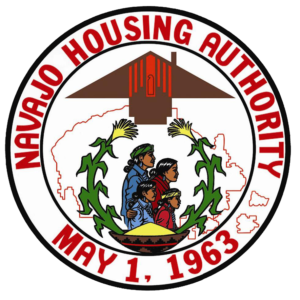 Housing Authority
Housing Authority
Job Opportunities
The Navajo Housing Authority (NHA) has several employment opportunities available. Please visit the NHA website for more information and instructions on how to apply.
Click here for the complete list of opportunities.
For more information Email: Nhahr@hoogan.org, Website: www.navajohousingauthority.org/jobs.html, Phone: 928-729-6623
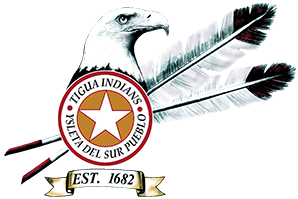 Ysleta Del Sur Pueblo is Seeking a Housing Specialist
Ysleta Del Sur Pueblo is Seeking a Housing Specialist
This opportunity provides various services to occupants of Ysleta Del Sur Pueblo Housing units such as contacting local agencies and organizations, making referrals to social services programs, and counseling residents on a one to-one/family basis.
For more information and to apply visit here.
Read more click here.
HUD/ONAP and NAIHC
Training and News
=========================
News
- Tribal Clean Energy Funding Opportunities
- Funding Notice for the Tribal Housing and Urban Development-Veterans Affairs Supportive Housing (Tribal HUD-VASH) Expansion program
- BABA Implementation Notice for Tribal Recipients, PIH Notice 2024-35.
- Fiscal Year (FY) 2025 Fair Market Rents (FMRs)
- Section 184 Skilled Workers Demonstration Program
- Funding Navigator, an interactive tool that allows the user to browse and sort funding opportunities for billions of dollars in funding available under the Inflation Reduction Act (IRA) and Bipartisan Infrastructure Law (BIL).
- IHBG Compeitive NOFO Training Video: Helps applicants prepare an application that meets all of the scoring criteria.
- SWONAP QUARTERLY GRANTEE CALLS– The Southwest Office of Native American Programs (SWONAP) is excited to introduce Quarterly Grantee Calls.
- Housing Problem-Solving (HPS) Resource Page
- White House Technical Assistance Guide – provides comprehensive information about more than 100 federal technical assistance programs that can support efforts to win federal funding and deploy it in communities across the nation.
- HUD Imminent Threat Grants – Set aside of the Indian Community Development Block Grant (ICDBG) allocation for non-competitive, first come-first serve grants to eliminate or lessen problems which pose an imminent threat to public health or safety of Tribal residents.
- Program Guidance No. 2024-01: Income Limits for the Indian Housing Block Grant program under the Native American Housing Assistance and Self-Determination Act of 1996
- Build America, Buy America (BABA) waiver extension for Tribal recipients
- Section 184 Indian Housing Loan Guarantee Program – Final Rule Published
- NAHASDA Fact Sheet
- Emergency and Disaster Preparedness Group Education Materials
- HCA Guide for Delivering Group Education on Emergency and Disaster Preparedness
- Digital Equity RFC Listening Sessions Federal Register Notice
- New High-Speed Internet Guide Highlights Unprecedented Funding to Support Underserved Communities
- FY24 Indian Housing Block Grant Estimates
- Tribal/Interagency Environmental Streamlining Toolkit (TIES)
- New High-Speed Internet Guide Highlights Unprecedented Funding to Support Underserved Communities
- CoC Program Resources for Tribal Communities: Offers resources to assess whether the CoC Program supports community priorities and activities.
Training
-
-
- NAIHC Training and Technical Assistance Opportunities – NAIHC offers a variety of training options specific to the needs of the Indian housing industry. NAIHC provides both on- and off-site technical assistance free of charge at the request of any tribe or tribal housing entity who receives Indian Housing Block Grant (IHBG) funding under the Native American Housing Assistance and Self-determination Act (NAHASDA). For more information click here.
-
Click here for all Training Opportunities
Click here for Funding Opportunities. For a comprehensive list of Funding Opportunities, visit www.Grants.gov
Fannie Mae’s Disaster Response Network (DRN)
Fannie Mae is committed to assisting homeowners and communities affected by disasters. We can help you navigate the challenging disaster recovery process with resources like our Disaster Response Network. Anyone can call the DRN, renters or homeowners, and they do not need to have a direct tie to a Fannie Mae property or loan. Fannie Mae’s Disaster Response Network™ offers free support for eligible homeowners from HUD-approved housing advisors, including:
- Personalized recovery assessment and action plan
- Assistance filing claims (i.e., FEMA, insurance, and Small Business Administration)
- Help working with your mortgage servicer on payment relief options
- Access to Clearpoint’s* Project Porchlight Online and its tools and resources
- Ongoing check-ins to help ensure a successful recovery
CALL 877-833-1746 to access the Disaster Response Network or other available resources. People impacted by a disaster may also
receive help from:
- U.S. Department of Housing and Urban Development (HUD): www.hud.gov
- Federal Emergency Management Agency (FEMA): www.disasterassistance.gov
- American Red Cross: 1-800-733-2767
The New Mexico Tribal Housing Coalition
The New Mexico Tribal Housing Coalition (the “Coalition”) has grown to include more than 400 participants throughout New Mexico and the U.S. who, in addition to addressing housing issues, have the expertise to take on other tribal housing-related topics including economic development, sustainability, infrastructure and health. The Coalition has become a national leader for all tribal housing-related development. The Coalition meets several times each year, typically in different tribal communities to discuss issues and successes and provide resources and technical assistance.
Their work is primarily as a convener of individuals dedicated to advancing homeownership on tribal trust lands. They organize quarterly meetings, a site visit, webinars, training, and informal project resource reviews. The next upcoming event is in March for Mortgage Lending on Tribal Trust Lands.
For more information, click here.
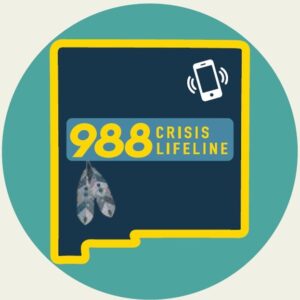 Call, Text or Message 988
Call, Text or Message 988
For Mental Wellness
FREE & Confidential
A behavioral health crisis needs a behavioral health response. 988 was established to improve access to crisis services in a way that meets our country’s growing crisis behavioral health care needs. 988 will provide easier access to related behavioral health crisis resources, which are distinct from 911 (where the focus is on dispatching Emergency Medical Services, fire, and police as needed).
Reasons to call 988:
- Need information or referrals for local community services?
- Feeling sad, confused, or angry?
- Worried about your safety or someone you know?
- Service member or veteran & their families in need.
- Worried about alcohol or drug use or abuse.
- Have something on your mind that you want to talk over.
988 NM Crisis Support
988nmcrisissupport
![]() https://988nm.org
https://988nm.org

Arizona Economic Recovery Center
FREE Grant Assistance to AZ Tribes
The Arizona Economic Recovery Center is available to assist in winning more federal grants and to benefit local tribal economies. To date, we have helped to win $32.9 million in new grants.
An initiative of Local First Arizona, The Arizona Economic Recovery Center aims to enable more qualified Arizona cities, towns, counties, tribal communities, and nonprofits to win competitive federal, state, and foundation grants. The center serves communities statewide by:
- Researching and simplifying grants and stimulus opportunities
- Identifying funding sources for large and small projects
- Connecting funding sources to communities in need of funding
- Providing the capacity for grant writing, facilitation, and project management to ensure success rates for qualifying communities and nonprofits.
This service is a completely free resource serving Arizona communities statewide. Click here for the flyer. You can find additional information at their website: https://localfirstaz.com/
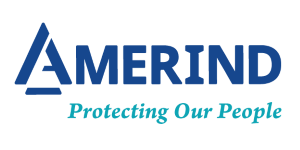 AMERIND News and Information
AMERIND News and Information
===========================
Careers at AMERIND
AMERIND is searching for exceptional individuals interested in the success of our mission and the well-being of their client base. To find a list of current open positions, please click here.
Free online COVID-19 Safety Training!
Please call an AMERIND Safety Team member at 505-404-5000 to schedule.
Firewise Poster
How to Prepare Your Home for Wildfire
Covid-19 Checklist
Checklist for Reopening the workplace
Welcome to the Southwest Tribal Housing Alliance (SWTHA) website. SWTHA is a non-profit organization established in May 2009 representing Indian Housing Authorities and Tribal Housing Departments in the states of Arizona, New Mexico, and West Texas, also known as Region VIII. SWTHA’s purpose is to assist its members in addressing the housing needs of low-income Indian families in the Tri-State area. We encourage your organization to join us for a unified approach in combating housing needs of our Region.
Visit our Partners
AMERIND is recognized as SWTHA’s Top Annual Sponsor!


